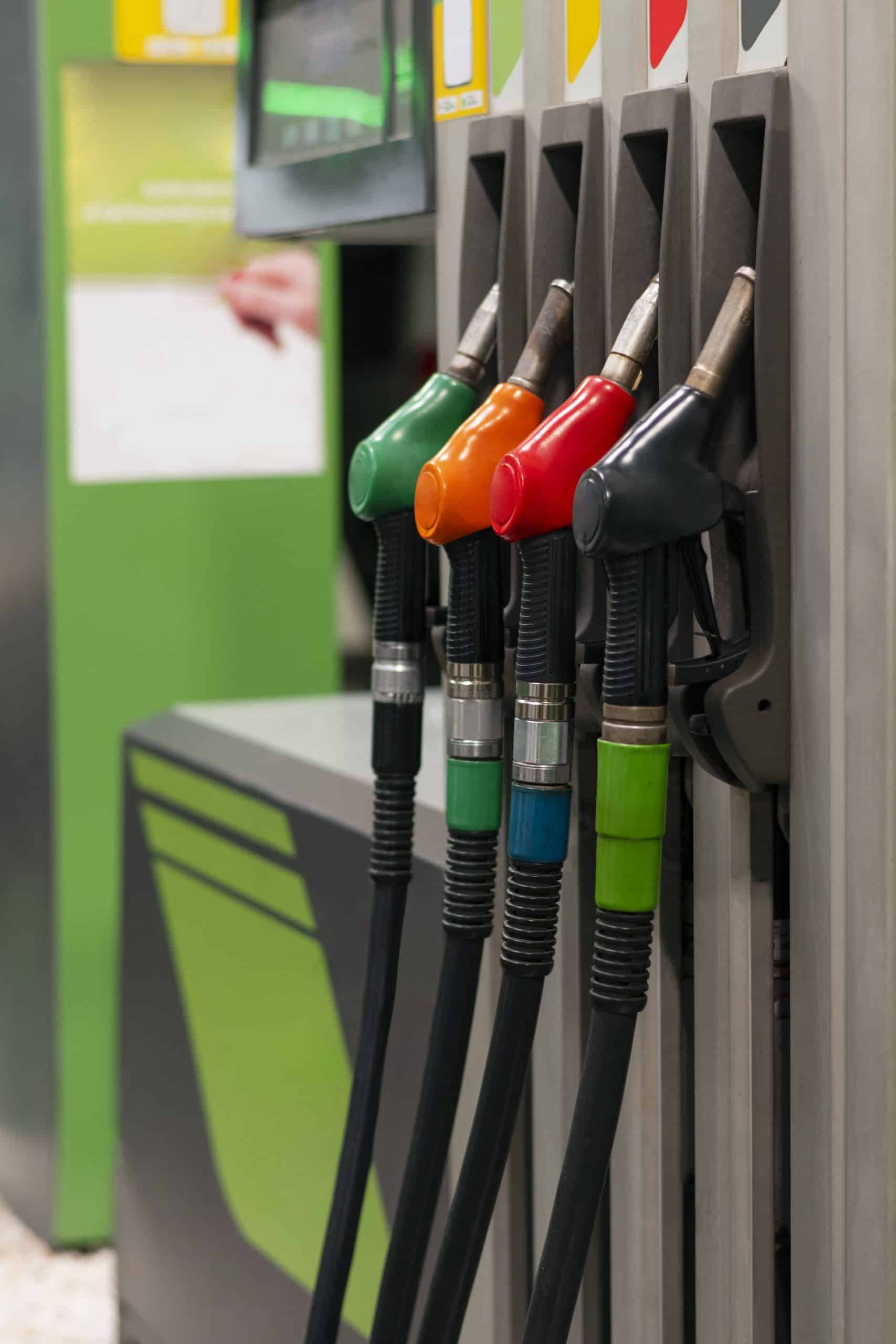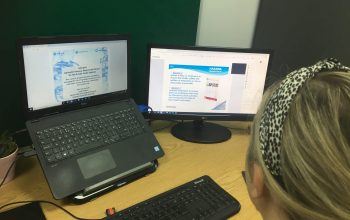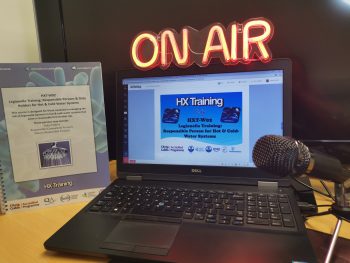S.P.A Petrol Retail Training Course
2-Day Classroom Course – £235
Venue: Various Locations
2-Day Online Virtual Classroom – £235
Price includes Safety Pass Alliance Certification

S.P.A Petrol Retail Training Course
2-Day Classroom Course – £235
Venue: Various Locations
2-Day Online Virtual Classroom – £235
Price includes Safety Passport Alliance Accreditation

Petrol Retail Contractors Safety Passport Training Overview
The S.P.A Petrol Retail Training Course is a comprehensive 2-day program designed to ensure that contractors and personnel working on petrol forecourts understand the health and safety risks involved and know how to mitigate them effectively.
The course is split into two essential modules:
✅ Day 1: Core Day
This initial day focuses on the fundamental principles of health and safety. Delegates will gain a solid understanding of the key concepts of workplace safety, including hazard identification, risk assessment, accident prevention, and adherence to relevant regulations and safe working practices.
✅ Day 2: Petrol Forecourt Safety Module
The second day delves deeper into the specific hazards and challenges associated with working on petrol forecourts. It highlights the unique risks posed by flammable substances, vapours, and confined spaces, and provides detailed guidance on controlling these risks to ensure safe operations. Delegates will also learn how to recognise and respond effectively to emergencies.
Key Learning Outcomes:
-
Understanding the potential hazards and safety risks associated with petrol forecourts.
-
Gaining knowledge of health and safety protocols that is required to work safely.
-
Identifying emergency procedures and developing effective response strategies.
-
Enhancing awareness of environmental and legal obligations related to petrol forecourt operations.
Who Should Attend?
This course is specifically designed for contractors, maintenance personnel, and anyone working on petrol forecourts or related activities.
Upon successful completion of the course, delegates will be awarded the S.P.A Petrol Retail Contractors Safety Passport Certificate, demonstrating their competence and commitment to maintaining safety standards on petrol forecourts.
Petroleum Courses Enquiry
To get more information on our Petroleum Training Courses, fill in the form below and a member of our support team will be in touch.
Day 1 – Core Training Overview
The Core Training Day provides delegates with essential knowledge of health, safety, and environmental practices while emphasizing the importance of hazard recognition and risk management. It introduces the fundamentals of safety awareness and highlights how both individuals and employers are impacted by effective hazard control.
Exemption for Core Day:
Delegates who already hold a nationally recognized Health and Safety qualification may be eligible for an exemption from the Core Training Day. This allows them to attend only the second day of the S.P.A Petrol Safety Course. To qualify for an exemption, the existing certification must:
-
Be a recognized qualification, such as IOSH Working Safely, NEBOSH, CITB Site Management, and others.
-
Have at least three months of validity remaining at the time of application.
-
Be an official certificate, as letters of attendance are not accepted.
For further details on how to apply for an exemption, please see our list of accepted exemption certificates
Learning Outcomes of the Petrol Forecourt Safety Course
The Petrol Retail Contractors Safety Passport course provides comprehensive learning outcomes spread across six core modules. Delegates will gain the knowledge and skills required to work safely and effectively in petrol forecourt environments.
By the end of the course, delegates will:
✅ Demonstrate their understanding of each module by successfully completing an assessment paper.
✅ Develop a clear appreciation of their role in maintaining good industry standards in health, safety, and environmental practices.
✅ Understand the importance of risk assessments and be able to identify when a generic risk assessment needs to be adapted or updated.
✅ Recognize and understand the most common hazards associated with working in the petrol forecourt sector and how to control them effectively.
Modules Covered on Day 1 – Core Training
Delegates will cover the following six modules during the Core Training Day:
✅ Module 1 – Organising for Safety
-
Understanding roles and responsibilities for health and safety.
-
Recognizing the importance of leadership and accountability.
✅ Module 2 – The Workplace
-
Identifying potential hazards within the work environment.
-
Understanding control measures to ensure a safe workplace.
✅ Module 3 – Tools, Plant, and Machinery
-
Safe use of tools and equipment.
-
Recognizing the hazards associated with using machinery on petrol forecourts.
✅ Module 4 – Health
-
Recognizing workplace health risks and managing them effectively.
-
Understanding the long-term impact of poor health practices.
✅ Module 5 – Procedures
-
Following safe work procedures and understanding emergency protocols.
-
Learning about permit-to-work systems and the importance of compliance.
✅ Module 6 – The Environment
-
Understanding the environmental impact of work activities.
-
Recognizing the importance of minimizing environmental risks and promoting sustainability.
Upon successful completion of the core day and assessments, delegates will advance to the specialized petrol forecourt module on Day 2.

Day 2 – Petrol Retail Sector Overview
The second day of the S.P.A Petrol Safety Course focuses specifically on the hazards and risks associated with working on petrol filling stations. This specialized training equips delegates with the ability to recognize potential hazards, apply existing control measures, follow safe working practices, and maintain a secure work environment.
Upon successful completion of Day 2, delegates will have a deeper understanding of the petrol sector and the safety protocols required to mitigate risks effectively.
Learning Objectives of the Petrol Forecourt Training
By the end of the second day, delegates will:
✅ Demonstrate their understanding of the subject matter by successfully completing each module assessment.
✅ Appreciate their role in influencing and maintaining high standards in health, safety, and environmental practices.
✅ Understand the importance of risk assessments and identify when a generic risk assessment requires modification.
✅ Develop a thorough understanding of the hazards and safety protocols involved in working within the petrol sector.

Day 2 – Course Modules
The second training day is structured into three key modules, each designed to enhance delegates’ understanding of specific safety aspects related to petrol filling stations.
✅ Module 1 – Hazards of a Petrol Filling Station
This module focuses on the various types of hazards present at a petrol forecourt and equips delegates with the knowledge needed to mitigate them effectively.
Topics Covered:
-
Types of Hazards
-
Fuel Hazards and Properties
-
Dangerous Substances and Explosive Atmospheres Regulations (DSEAR)
-
Restricted Areas on Petrol Forecourts
-
Hazardous Areas and Zone Classification
-
Delivery Hazards and Vapour Recovery
-
Customer Hazards
-
Contractor Hazards
-
Other Site-Specific Hazards
Delegates will gain an in-depth understanding of the classification of hazardous zones and learn to apply appropriate controls to manage these risks effectively.
✅ Module 2 – Controlling Work on a Forecourt
This module covers the critical processes and documentation required to control work effectively in a petrol forecourt environment. It emphasizes the importance of communication, documentation, and the application of safe work procedures.
Topics Covered:
-
Communication and Coordination
-
Safety Documentation
-
Safety Method Statements
-
Clearance Certificates
-
Permits to Work
-
Task Classification
Delegates will develop a solid understanding of the necessary procedures and controls required to ensure work is carried out safely and efficiently on petrol forecourts.
✅ Module 3 – Safe Working Practices
The final module highlights best practices for maintaining a safe working environment and introduces safety protocols for various high-risk activities.
Topics Covered:
-
Setting Up a Safe Work Area
-
Sales Building Hazards
-
Confined Spaces
-
Excavations and Groundwork
-
Hot Work Procedures
-
Working at Heights and Roof Work
-
Safe Use of Ladders and Mobile Scaffold Towers
-
Mobile Elevated Work Platforms (MEWPs)
-
Electrical Safety Considerations
-
Environmental Protection and Pollution Control
This module equips delegates with the necessary knowledge and skills to identify and mitigate risks associated with these work practices, ensuring compliance with industry standards and regulatory requirements.
Practical Exercises
As part of Day 2, delegates will complete two practical exercises to reinforce their learning:
-
Hazard Spotting Exercise – Delegates will analyze a petrol station image to identify potential hazards and assess associated risks.
-
Risk Assessment Task – Delegates will perform a risk assessment related to their work task and identify the appropriate control measures to minimize the identified risks.
These exercises provide a hands-on opportunity to apply theoretical knowledge to real-world scenarios, ensuring that delegates leave the course prepared to work safely in petrol forecourt environments.




